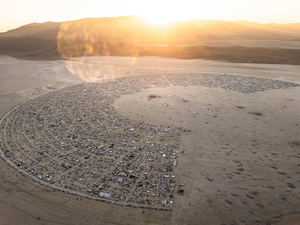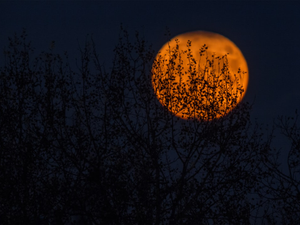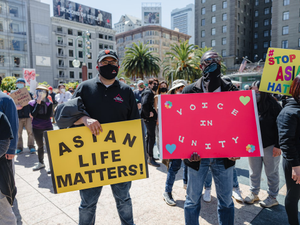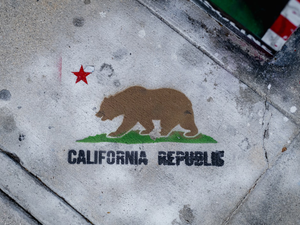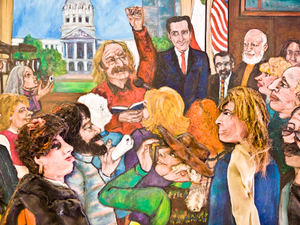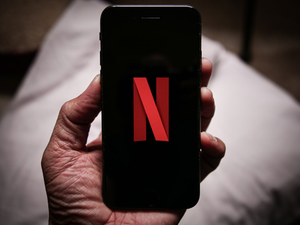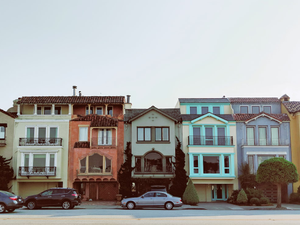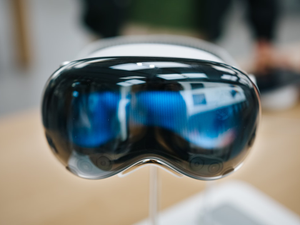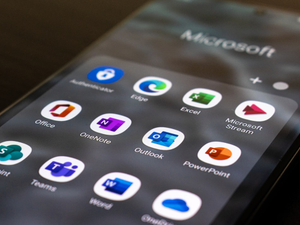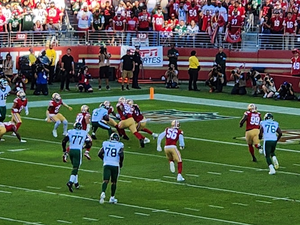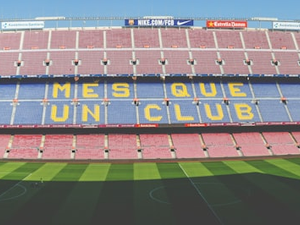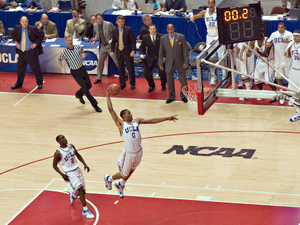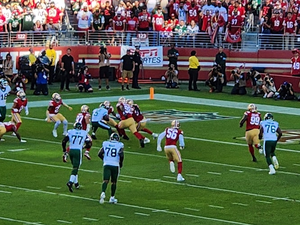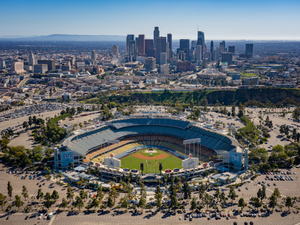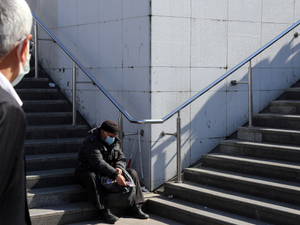Big Brother Who? Gen Z's Wild Location-Sharing Obsession Explained
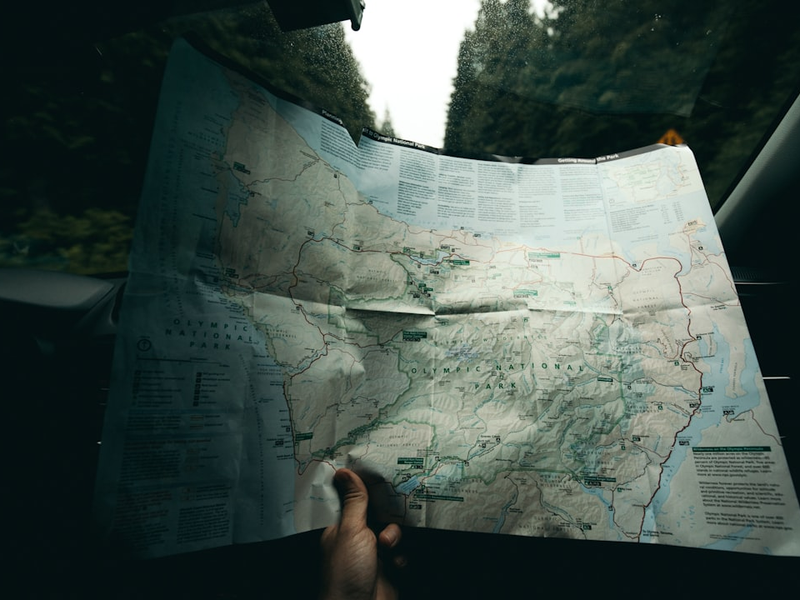
Photo by Kyle Loftus on Unsplash
Picture this: you’re scrolling through your phone, casually tracking your bestie’s every move like some digital detective. Welcome to Gen Z’s latest social phenomenon - consensual location stalking. 🕵️♀️
Location sharing has become the ultimate friendship flex, transforming our smartphones into personal tracking devices that would make CIA agents jealous. What started as a pandemic-era connection strategy has morphed into a full-blown cultural obsession.
The Digital Friendship Bracelet
Gen Z isn’t just sharing locations; they’re building entire social ecosystems around real-time geographical updates. A recent study revealed that 65% of young adults now use location-sharing apps, treating them less like privacy invasions and more like virtual hand-holding.
Safety or Surveillance?
For many, it’s about more than just knowing where your squad is hanging. It’s a safety net, a way to ensure someone always knows your whereabouts. “I want somebody to know where I am at any given time,” says one 19-year-old location-sharing enthusiast.
The FOMO Factor
Let’s be real - these apps aren’t just functional, they’re entertainment. Watching friends’ digital dots traverse cities, countries, and continents has become a spectator sport for a generation that craves constant connection.
Whether it’s recovering a lost phone in the French Alps or just satisfying curiosity, location sharing has become Gen Z’s digital lifeline. Big Brother isn’t watching - your friends are.
AUTHOR: kg
SOURCE: SF Gate
